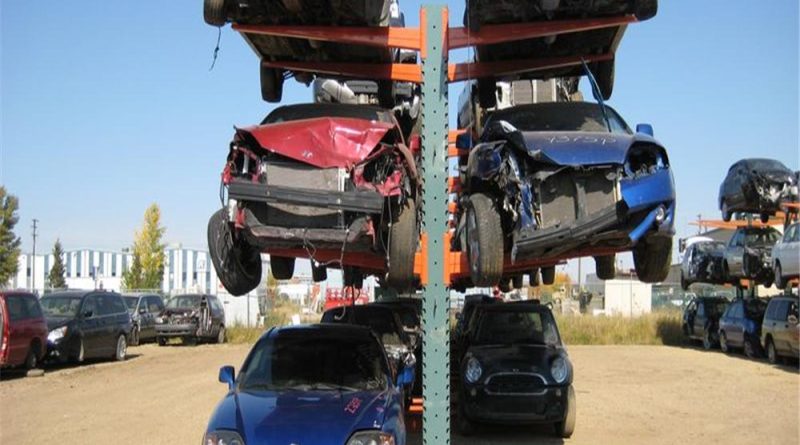Why Do New High-End Cars Break Down Faster Than Home Used Vehicles? (Part One)
By: Isaac Boamah Darko
There is nothing quite like the thrill of driving away in a freshly minted automobile, the intoxicating new-car scent, the supple leather interior, the quiet pride of ownership. Yet that exaltation can curdle into dismay far sooner than one would imagine. What happens when a brand-new vehicle succumbs to catastrophic failure inside two years of purchase?
Since finalizing the purchase agreement in March 2023, my experience with this car has been a litany of mechanical misfortunes. The vehicle exhibited persistent juddering and erratic gear-shifting from an early stage. Despite punctilious servicing and repeated interventions by engineers, I have on multiple occasions been obliged to shoulder repair costs—remarkably, while the car remained under warranty.
On 6 March 2025 the engine failed entirely, rendering the vehicle inoperable. After a detailed inspection, the authorized technicians concluded that the engine required replacement. The car languished in the workshop for more than three months before it was eventually returned to me in June; for labour alone, I was charged approximately ten thousand Ghana cedis (GHC 10,000).
Relieved, I drove the car away convinced the ordeal was over. Within a month, however, new problems surfaced: the vehicle struggled to reverse, and second gear would not engage. I returned it to the workshop, where technicians diagnosed a terminal gearbox failure necessitating full replacement.
It is inconceivable to me that a brand-new car should deteriorate so rapidly. This misfortune is not unique to my case: to my knowledge, roughly one in ten purchasers of this model have required repairs to their engines or gearboxes, and about one in twenty have endured complete replacements. Such figures suggest a pattern of systemic defects rather than isolated bad luck.
What compounds my bewilderment is the comparative resilience of many locally used or “home used” vehicles. A Vitz owner who plies the roads as an Uber driver told me he has had his car for six years and has not experienced engine failure—merely a torn belt that constituted a minor repair. How is it that a brand-new SUV retailing for US$48,000 can disintegrate within two years while a home used car remains robust and reliable?

This situation ought to summon the attention of the Ghana Standards Authority and other regulatory bodies. There is a disquieting infiltration of ostensibly high-end vehicles into the market that are aesthetically pleasing but evidently lacking in durability. Consumers are left to bear substantial financial loss and undue stress.
Who is responsible for protecting buyers from such wasteful outcomes? Manufacturers, distributors, dealers and regulators all have a role to play. I call for transparent investigations, stricter import and quality controls, and enforceable accountability so that no more consumers are forced to watch the promise of a new car evaporate into a cascade of repairs and expense.

